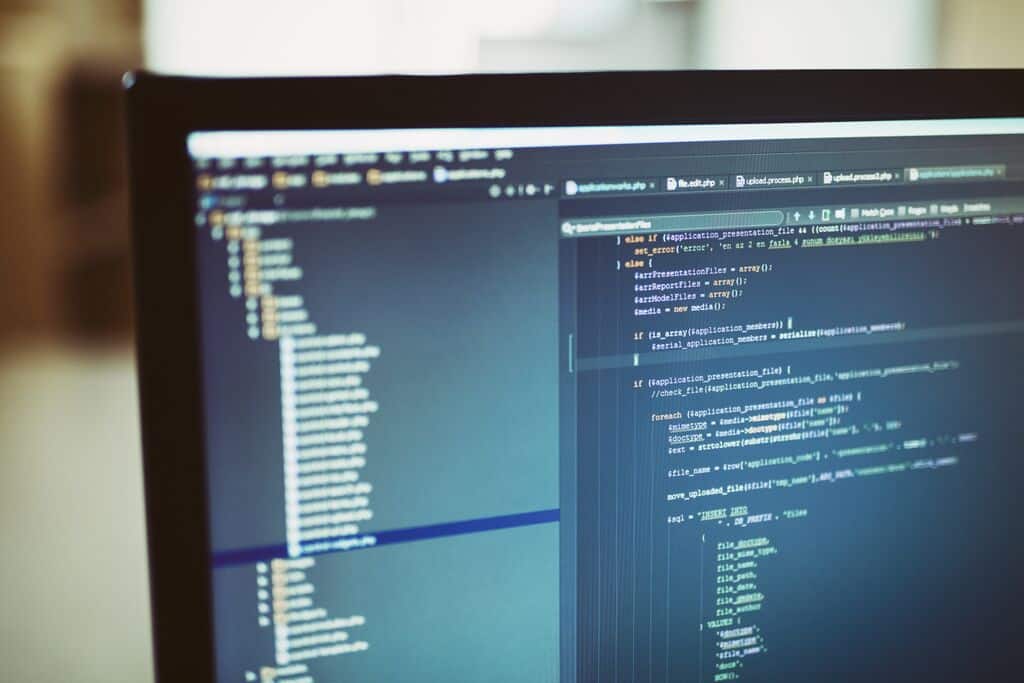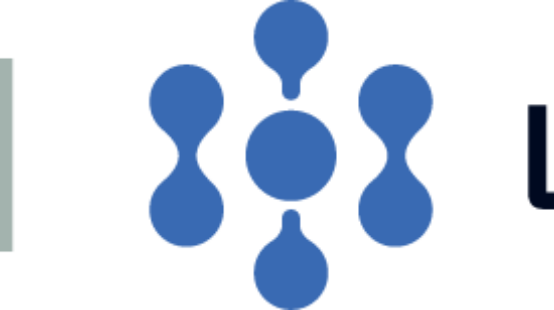
What do you think when you hear the word ‘coding’? From the outside it can conjure up a hidden world of complex maths algorithms and alien languages that only technical geniuses inhabit – for most, coding is seen as an unattainable skill and the idea of learning coding is out of the question.
This is a mind-set that we’re working hard to change at Digital Jersey with our support of Technovation and our Coding Programme – and we’re not alone. We’re beginning to see a global change in people’s attitudes towards coding, with the growing success of movements such as Girls who Code challenging the stereotype that only a certain type of person codes. The #ILookLikeAnEngineer phenomenon has also recently blown up on social media, challenging the sexist attitudes towards women in tech roles and the misconception that coding is a solely male-dominated world. More and more people are beginning to understand that computer code is a language that people from any background and age can learn, and a modern writing tool that is well worth adding to your skillset.
So what is coding?
At a basic level, code is simply telling a computer what to do, a series of step-by-step commands for it to follow. But just as we have different languages, so too do computers. There are lots of different computer programming languages and lots of different ways to use them.
Whatever the language, code is used to create the software, which runs our websites, apps, programmes, the blog platform you’re reading this on, the programme I typed it on – everything your device does is a result of code.
OK, I could do it, but why should I bother?
Because it’s the skill you want in your toolbox in 2015. The demand for coders outstrips supply both globally and locally, so individuals with coding competence are at a significant advantage in today’s job market. You may not use it in your job today but it keeps options open for the future. You also don’t need to be an expert – familiarity with the basics is also valuable.
Even if you don’t intend to use coding in your day job, it’s still worth learning. It enables you to make the most out of the devices you use every day, and can help with problem solving… plus, when you get into it and see what coding can do, it’s actually fun and very creative! Seeing the direct effects of your code in a new app or programme will completely change how you see computing!
So maybe I’ll test the water….
Now is absolutely the time to do it! We’re celebrating National Coding Week (September 21-27) by putting on a weeklong series of events to get as many people as possible coding. This will include free workshops in the Hub during the week, where members of industry will share their skills and expertise with anybody who’s interested – no experience needed!
Other events we have going on in the Hub in September include the Youth Hackathon and the Digital Health Hackathon. This is where you can put your coding into practice to build new web and mobile services with other likeminded people.
If you’ve ever thought that coding wasn’t for you, I hope you take this as an invitation to see for yourself that it is!
If you have coding knowledge and you want to help to support National Coding Week, see how to get involved here.



